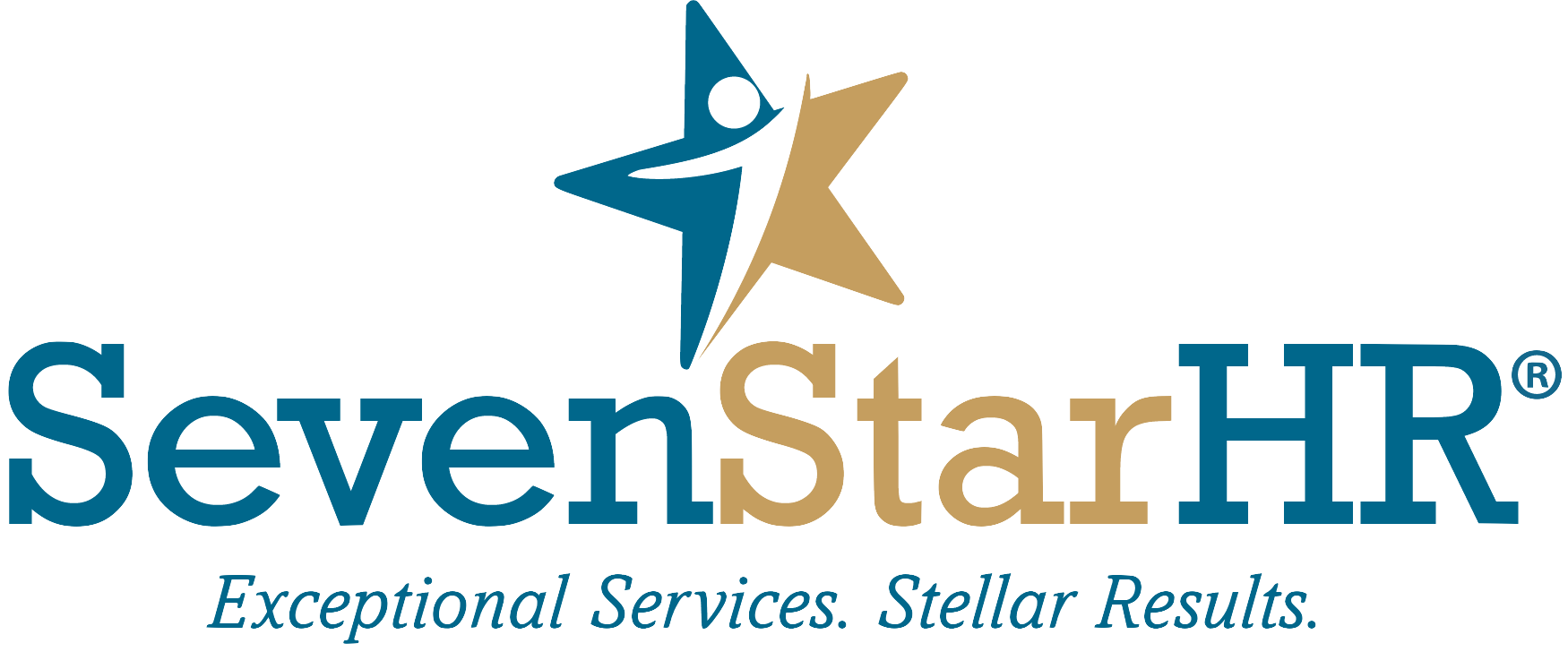Wrestling With Records: Guidance on Record Retention
Operational turbulence caused by the pandemic, along with the boom in remote work, has required businesses to change how and where they store employment records. Now is a good time to review your policies and practices on employee records to ensure your organization is in compliance.
Photo by Andrea Piacquadio from Pexels
Here’s how to do this:
Maintain Separate Files
A common mistake among employers is keeping the wrong information in employee personnel files. Your record-keeping policy should designate specific locations where records will be stored, along with the format in which the records will be maintained. Medical records, for example, do not go into an employee's general personnel file, they must be stored in separate files. Additionally, all I9 forms should be stored together in a separate, alphabetized file, whether physically or online.
Limit Access
Those with access to employee records must be restricted to those who legitimately need to know the information, or those legally required to have access. Each state may have different requirements, in addition to federal requirements. If your state has no requirements, only the federal requirements will apply. A multi-state employer needs a flexible policy so it can be applied to all employees. Create a policy that allows you to respond consistently to all requests to access employee records.
Clear Out and Refine
Maintaining confidentiality is important; your records management policy needs to include ways in which every type of record can be destroyed. You’ll also need to detail an auditing procedure to determine the length of record retention, and include best practices to ensure procedures are followed accurately.
Go Electronic
Having an electronic file cabinet is a great benefit especially if people are out of the office. We like one that also includes onboarding, not only from a legal standpoint but that can also manage training, introductions, and annual signing of documents, for example. If you would like to review the one we use, just ask!
If you are confused as to whether your record-keeping follows legal requirements or if your company is trying to keep up with the newest of the constantly changing HR laws, check out our HR MRI assessment; a comprehensive method to check organizational health by reviewing current HR policies, procedures, documentation, and systems. If you mention this blog, you can get a $450 value at no charge!

